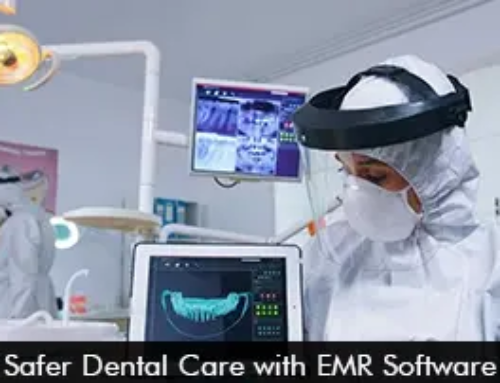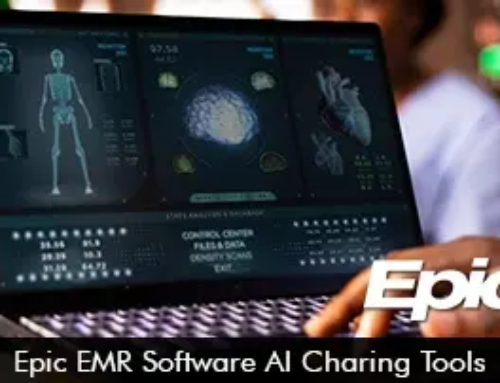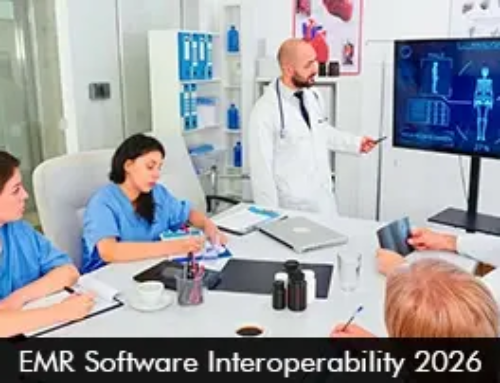In their new collaboration with OpenAI, Hint Health EHR Software is hoping to further develop its Electronic Health Records system with a new AI medical transcription tool.
OpenAI has brought to light one of the most influential technological advancements of the modern era, with ChatGPT. Whilst by no means new, artificial intelligence has recently come under the limelight thanks to ChatGPT.
For a long time, Electronic Medical Records software vendors have sought to develop AI technologies and integrate them with their health IT solutions, and we’re now starting to see many EMR vendors benefit from recent developments.
OpenAI’s AI-Powered Medical Transcription Tool
Designed for direct primary care (DPC), physicians can now use Hint Health’s all-in-one EHR software to automatically generate clinical notes, thanks to OpenAI’s Whisper API. Healthcare providers must still review the clinical notes and make necessary adjustments, however, Hint Health’s CEO, Zak Holdsworth, has stated that “early results are shockingly good”.
Artificial intelligence has been taking the health IT industry by storm, with many Electronic Health Records software vendors now integrating different generative AI tools into their EMR software, Meditech EHR being another recent example.
Hint Health’s AI Vision
Hint Health intends to further develop their EHR software system, by introducing AI into other areas of their EHR. Hint has publicized plans for a ChatGPT-like tool, which would integrate into their existing Electronic Medical Records system, allowing providers to query a patient’s medical history, identify health trends and patterns, and come up with treatment plans.
Among many others, Hint is investing in AI hoping to leverage its potential benefits – enhancing the framework of our existing EMR systems and improving the patient-provider experience. By releasing the feature as a BETA program, Hint hopes to gain insights into its viability in real-world situations.
How Does AI Help Medical Practitioners
Notably, Amazon Web Services (AWS) and Microsoft Azure OpenAI, have also heavily invested in developing artificial intelligence services, giving many health IT software developers access to these technologies.
The potential for such tools is significant, and it’s no coincidence that other EHR software vendors have already heavily invested in AI, such as Epic EHR and athenaHealth; partnering with Microsoft Azure’s OpenAI and Nuance to power AI dictation, passive transcription of encounters, and virtual assistants.
A study in 2020 showed that physicians can spend up to 16 minutes in an EMR software per visit. Any AI tool to reduce the burden on medical professionals can greatly streamline workflows and bring major benefits to patient care across the industry. After all, the tools medical providers use should never be burdens themselves.
The potential artificial intelligence and machine learning have is greatly exciting for many, especially in the world of healthcare. Such algorithms are greatly suited for processing huge data sets and analyzing and predicting trends in ways that can’t be done otherwise.
Conclusion
With potential applications for predictive models, data enhancement, and data analytics, AI could prove to become a vital tool for Electronic Health Records software soon.
Artificial intelligence offers significant benefits for healthcare providers. It can potentially improve patient care, enhance clinical operations, and even legal compliance all whilst reducing workloads. Though clinicians should always take care to use such tools responsibly as it is, after all, still a work in progress.








